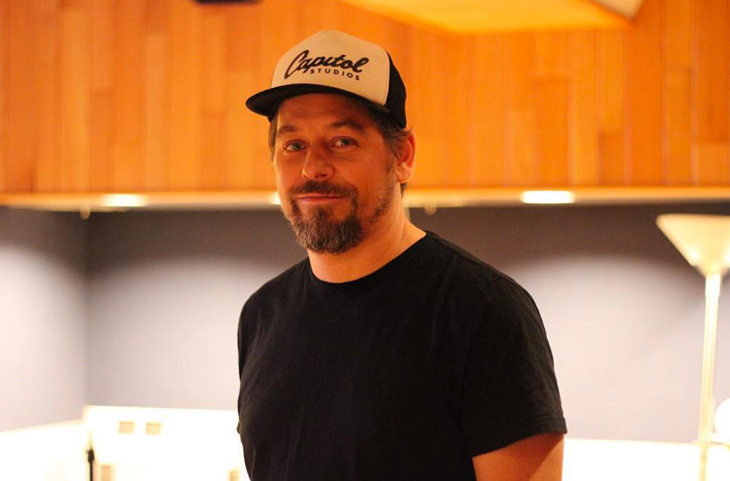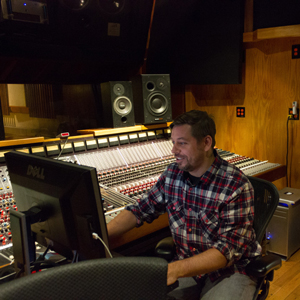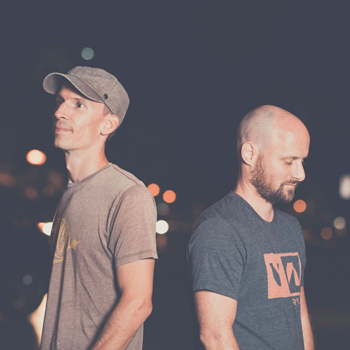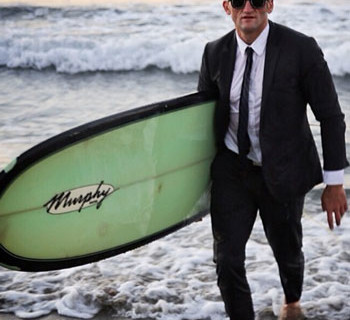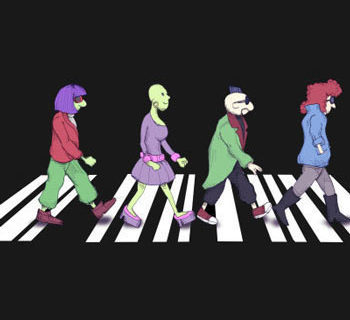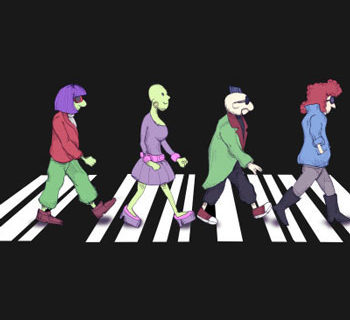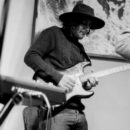I’ll be sitting there either by myself or with one or two other people, with an artist, and all of a sudden I'm hearing them sing or play and I can sense the honesty in whatever they’re trying to do in that moment in time, and I go, 'Wow! That’s real!' That’s what I’m trying to get. I’m trying to get that realness.
~Christian Cummings
Sound engineer Christian Cummings loves his work. He's one of the few lucky souls who don't dread the morning alarm, who think of work as play, and who prefer innovation to maintaining the status quo.
In an earlier incarnation as a musician, he shared the stage with the Foo Fighters and Snoop Dogg among other notables, but his happiest hours were spent in the studio. When he became a full-time recording technician at San Diego's famous Signature Sound, one of his more valuable contributions was a redesign of the A Room console, a room that's since hosted sessions for some major names including Florence and The Machine, As I Lay Dying, and Rob Halford of Judas Priest.
But Cummings’ talents, and skills are perhaps most important for bands entering the recording studio for the first time; without proper guidance the jump from the visceral, wild experience of a live audience to the controlled, sobriety of a microphone can prove too jarring for even the best of them.
Indeed, Cummings points out that studio recording can be more stressful for musicians than live performance; the audience is much bigger in live performance, but in the studio the performance has to be perfect in order to stand the test of repeated listening by a potentially unlimited audience—and there's a limit on how long you can stay in the studio.
What he offers is technical know-how, experience, intuition, vision, and creative problem-solving. Cummings strives to answer the technical questions so that the artist can focus on creative work. When presented with a musical idea, a good sound engineer can suggest how this idea might best be realized. (For detailed specifics on how good sound engineers manage all this, be sure to listen to Cummings’s podcast After the Session.)
What he offers is technical know-how, experience, intuition, vision, and creative problem-solving.
His studio in San Diego, aptly named "The Island," is a concrete example of how to create a relaxed environment that nurtures serenity and creativity. But Cummings's manner alone is conducive to bringing out the best in musicians. Warm, friendly, and intuitive, he can't help but inspire confidence.
Three Rules for Musicians Entering the Studio
If you're a musician entering a professional sound studio for the first time, what should you do to up the odds of coming away with a good recording? Cummings insists that there's no "right" way for a musician to prepare, but experience has shown him the three key ingredients that increase the likelihood of a successful recording project:
1. Establish Trust
"Trust and comfort come with the artist understanding that I'm prioritizing their vision over everything else," Cummings explains. As a musician you should feel comfortable with the sound engineer and confident in his or her abilities. This is important in order to develop the kind of collaborative rapport that will see you through all the stress and hassles with your inspiration intact. If the trust isn't there, you should probably find someone else to record your project. You don't have to agree with everything the engineer suggests, but you do need to respect those suggestions.
2. Rehearse Material
Make sure you've got all your musical parts down. "Rehearse the crap out of what you’re doing," says Cummings, "because your performance isn't going to get any better in the studio." Knowing the songs inside and out not also saves money, time, and headaches, it can enhance creativity by allowing bands more time to experiment.
3. Bring Good Songs
The best technology and sound in the world isn't going to fix bad original material. A bit of lily-gilding may make a bad song sound good—maybe even turn it into a hit— but it'll never be great.
Christian points out that there's a difference between successful music and great music, between a hit song and a truly great song, even though most listeners aren't capable of discerning that difference. A great original song makes a great recording possible while also opening the door to the top of the charts.
A Case in Point
In the summer of 2016 Psychocide's lead singer, guitarist, and songwriter Goldwyn spent time in the studio with Christian. "I was looking around San Diego," he says, "trying to find the best person to do the mixing and overdubs for The Goldwyn Experiment, when someone pointed me to Signature Studios." The owner there suggested that Cummings, because of his affinity for rock guitar, would be the best engineer for Goldwyn's project.
In discussing The Goldwyn Experiment Goldwyn showed some of his new work to Cummings, who was impressed, and the two decided to work on one new song together, agreeing that if it worked out they'd do more. Long story short, they ended up working twelve hours a day for 30 days. The fruit of their efforts is Psychocide's debut album, Alcohol & Bad Decisions— a hard rock extravaganza populated with bizarre characters joy-riding through an alternate reality.
Is Goldwyn satisfied with Cummings's hard work and creative guidance? "I would never have made this record without him," he says with a smile.

